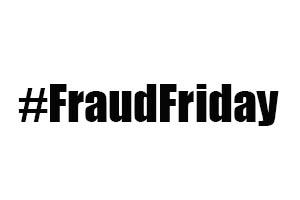Submitted by admin on

Affinity Fraud is particularly offensive because fraudsters prey upon people’s trust, confidence and faith.
Affinity Fraud is any investment scam that preys upon the members of an identifiable group. This could be a religious or ethnic community, a group of professionals, the elderly or even the members of a club or association for example. The fraudsters are usually members of the group or successfully infiltrate the group, gaining their trust and confidence. They routinely enlist the help of an unwitting respected member of the same community or group to make their fraudulent investment appear legitimate and solid.
Fraudsters use the close association of the group or community to gain trust and spread the word of the investment organically. When an investment has the backing of many of your close friends or common acquaintances it gives it a strong sense of legitimacy and success. The fact that so many people from the community are invested and involved also makes it seem less risky. People are often less inclined to question advice or recommendations from people they know and trust. It is the exploitation of this trust and friendships that make affinity fraud truly heinous.
Most cases of Affinity fraud involve Ponzi schemes which eventually unravels and collapses when new money stops being invested. When the scheme collapses investors, are left with the unfortunate reality that most of, if not all their money is gone.
To avoid affinity fraud:
• Always check and double check out any investment opportunity presented to you, no matter how trustworthy the person seems.
• Take your time. Don't be pressured or rushed into any investment before you have a chance to think about and research it.
• Get advice. Ask for professional advice from a registered and neutral outside expert not in your group—an accountant, attorney or financial planner—to evaluate the investment.
• Get informed. Obtain a prospectus or other form of written information that details the risks in the investment and how and when to get your money out.
• Check registration. Before investing any money, check with the Nova Scotia Securities Commission to learn more about the salesperson and firm. Are they registered to do business in Nova Scotia? Is the investment allowed to be sold? If one or the other is not registered, that is a sure warning to inquire further.
